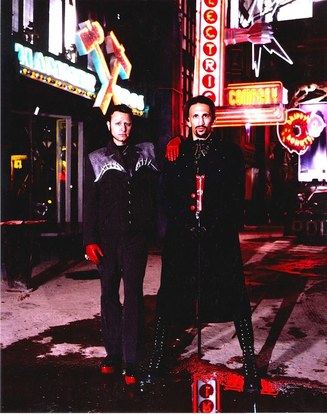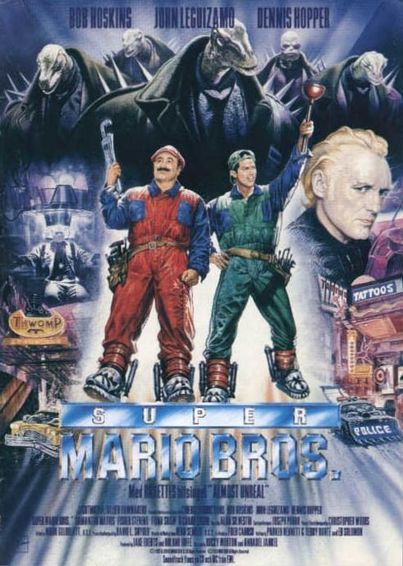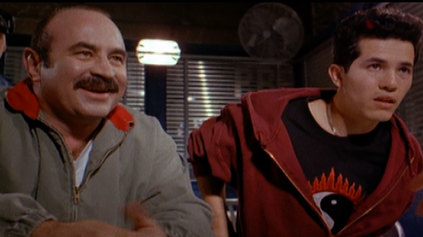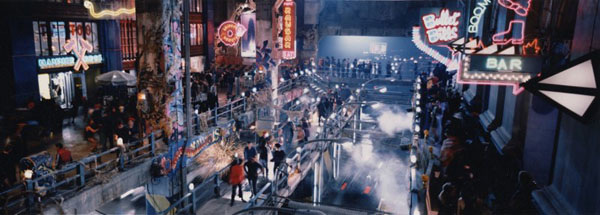The challenge pitted to the team making Super Mario Bros. was to follow this simple story while figuring out what kind of story content to write to fill up the approximate hour-and-a-half needed to fill up the slot in the theatre. Shigeru Miyamoto, creator of the Super Mario Bros., in a translated interview with Next Generation says that, “the movie may have tried to get a little too close to what the Mario Bros. videogames were. And in that sense, it became a movie that was about a videogame, rather than being an entertaining movie in and of itself."
This was not the only problem that bogged the film down, unfortunately; weak comedic gags were also sprinkled throughout that tried to lighten the overall gritty tone but ultimately felt awkward, out of place and showed how uncooperative the filmmaking team was behind the scenes. Directors Rocky Morton and Annabel Jenkel had their own vision for the film to be a serious and sophisticated political satire, while the studio, the now defunct Lightmotive-Allied Filmmakers, expected a light-hearted kids film akin to the games. “I wanted parents to really get into it” says Morton, reflecting on the film. “At that time, there was a very hardcore movement against video games, and a lot of anti-video games sentiment. I wanted to make a film that would open it up and get parents interested in video games.” The uneasy tensions between the directors’ and studio’s individual visions especially show through the inclusion of nightclub scenes alongside comedic slapstick.
 Fisher Stevens and Richard Edson's characters were primarily used for comedic relief to offset the dark tone of the film.
Fisher Stevens and Richard Edson's characters were primarily used for comedic relief to offset the dark tone of the film. Kuchera, Ben. "Miyamoto remembers the troubled Mario Bros. movie." Arstechnica. 29 Nov. 2007. Web. 7 Oct. 2015.
Reeves, Ben. "Mario’s Film Folly: The True Story Behind Hollywood’s Biggest Gaming Blunder." Game Informer. 28 May 2013. Web. 7 Oct. 2015.





 RSS Feed
RSS Feed
